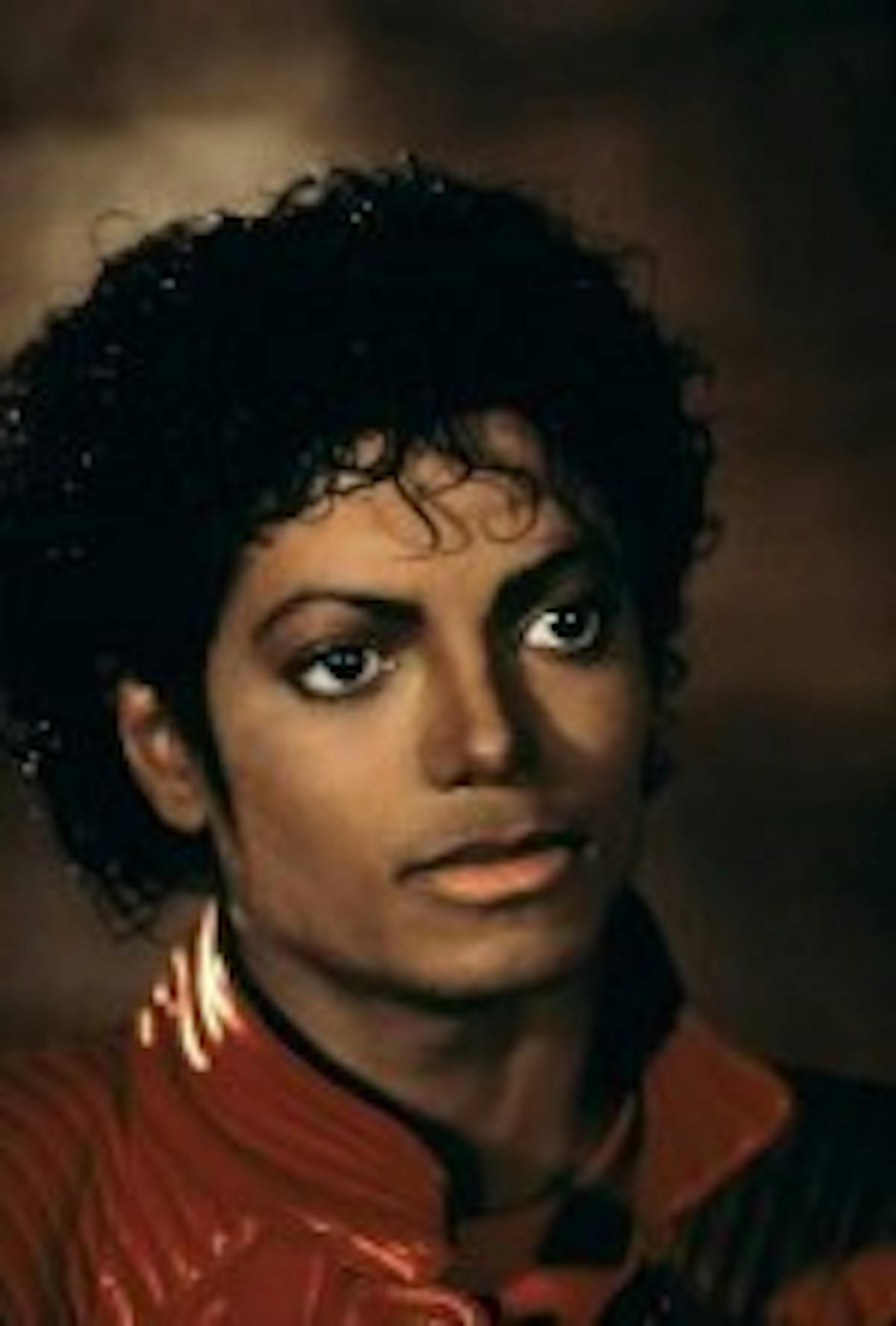Pop culture
There's something about a murder trial that just intrigues the American public. Researchers have studied the phenomenon of courtroom obsessions, but so far they seem undecided about whether it's cultural interest or just plain schadenfreude—a funny German word that means taking pleasure in the misfortune of others.
It's all well and good to see the public taking an interest in the country's legal system, especially with high-profile cases like this summer's Casey Anthony trial, the verdict of which resulted in a flurry of activity on Twitter. But apparently, our obsession with public trials can also hamper the legal process.
This week, jury selection began for the manslaughter trial of Conrad Murphy, the physician who may or may not have given Michael Jackson an overdose of the anesthetic propofol and then failed to notice that Jackson had stopped breathing. After 2 years of work, the trial is finally beginning to get underway—but they've hit a snag.
One of the requirements for jury selection in the United States is that the jury must be as impartial as possible. If there is an apparent bias in a potential juror, either the prosecutor or the defense has the right to object to that person's selection.
Unfortunately, in many high-profile cases, especially those involving death, many potential jurors already have background knowledge of what they believe to be the "facts" of the case, which could have already given them ideas about whether the defendant is guilty or not.
On Thursday, Los Angeles Superior Court Judge Michael E. Pastor introduced 160 potential jurors to the defendant and asked whether they could serve on a trial lasting 25 court days. Then he asked if there was anyone in the room who had not already heard about the case.
Not a single hand went up.
Judge Pastor was not surprised. "We didn't expect you'd been living under a rock," he said. "Or that you made a pit stop from Mars."
Despite their prior knowledge of the case, some jurors indicated they were available to serve.
But the question remains: What is newspaper and tabloid coverage of legal matters—before those matters go to trial—doing to our legal system? Should high-profile murder cases be kept out of the news so that potential jurors have the ability to remain impartial?



Please note All comments are eligible for publication in The Justice.